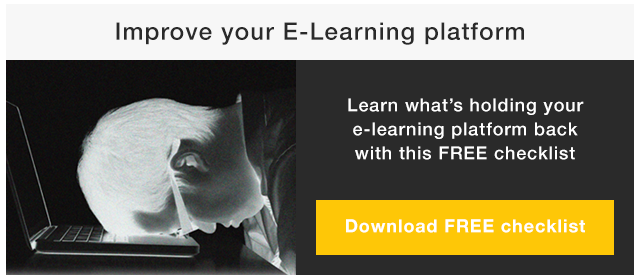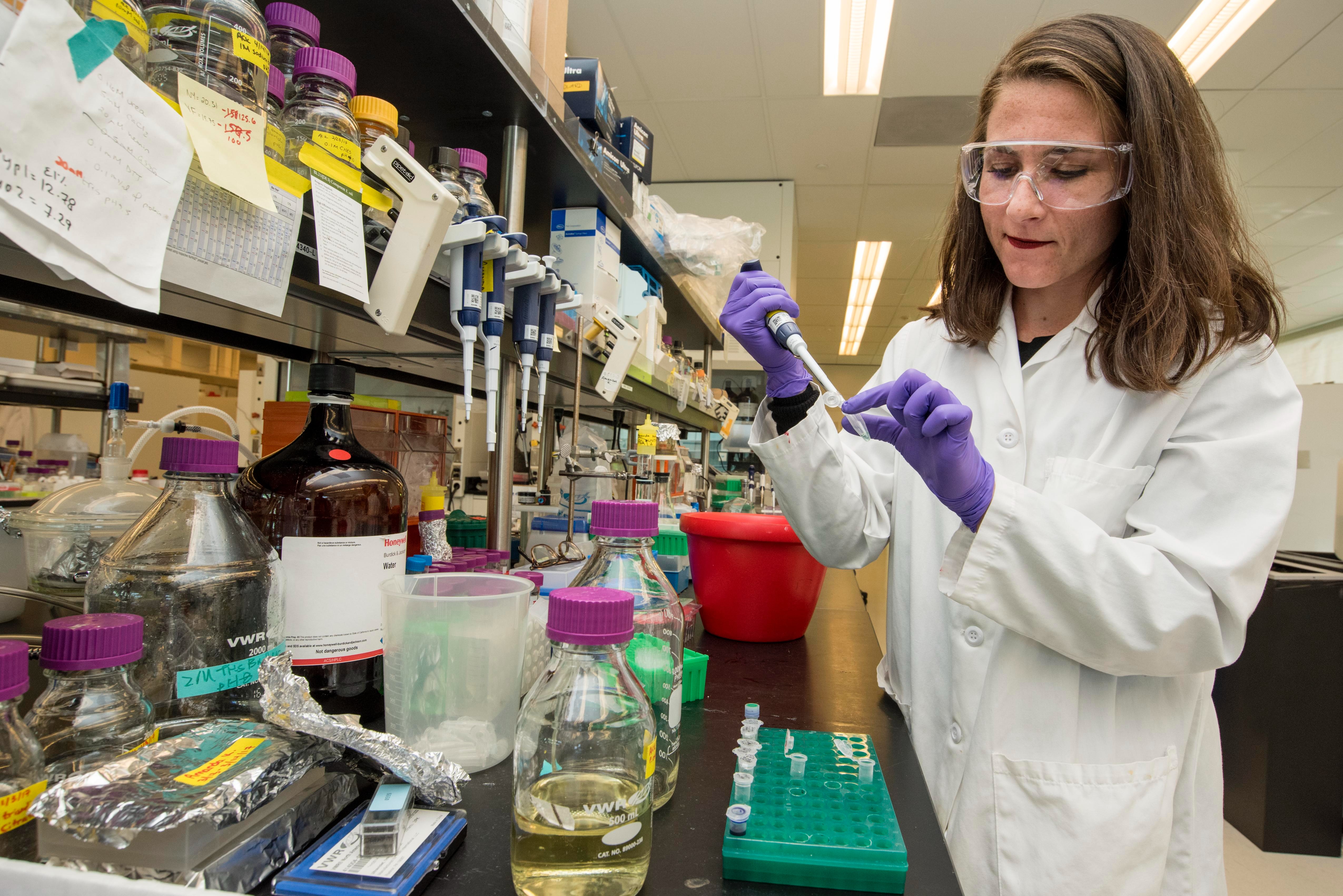If there is one disadvantage to Adaptive Learning, it’s that there are a lot of new terms to learn in order to understand how the Adaptive Learning process works.
It can be overwhelming trying to get a handle on all of the information coming at you about Adaptive Learning technology. That’s why we’ve created this crash course in Adaptive Learning terms and phrases: to help you create an Adaptive Learning definition for yourself.
5 Terms to Create an Adaptive Learning Definition
- Biological Model: Biological models are more organic and
multi-dimensional than the more traditional inference learning model. Instead of the inference model’s simple branching approach, biological models see learning as a web and depending on the learner’s knowledge base, the learner can move forward, backward, up, down, and around to get to the learning content they need to master the course. And, the biological model detects when the learner’s needs change, for example, if over time the learner has forgotten something they used to know. The biological model provides a more personalized approach to learning because learners can skip over the things they don’t know instead of being forced through it.
- Formative Assessment: Adaptive Learning technology uses formative assessment, or teaching by asking questions, to move through the learning content. Here’s how it works:
- The adaptive engine asks the learner a question.
- The learner answers, and self-assesses their confidence in their answer.
- The adaptive engine uses the responses and other cues to decide in which direction and at what pace to move - and whether to teach or to ask another question.
The adaptive engine monitors the learner’s progress and provides the developer/instructional designer with feedback about the learning process. If used within a blended program, it provides the trainer/facilitator with feedback for how to dynamically improve comprehension on the day of face to face training based on learner’s previous response to course content.
3. E-Learning Fatigue:
E-Learning fatigue is created through a perfect (and unfortunately common) storm of circumstances: Take boring online learning, add poor design that can’t adjust to the needs of individual learners, mix with a disengaged workforce under tight time pressure and you get the recipe for e-learning fatigue.
4. Unconscious Incompetence: Simply put, unconscious incompetence is not knowing what you don’t know. Area9 Learning research shows that unconscious incompetence affects employees across all industries and that employees are 15-40% unconsciously incompetent in the critical competencies of their job. What does all this mean? Unconscious incompetence, if not uncovered and corrected, creates financial risk and company liability. Adaptive Learning uses the formative assessment and the biological model to uncover unconscious incompetence in your staff and correct it, resulting in improved performance for your staff and your bottom line.
5. Recharge: Learning is not a one-time event. Our brains typically need multiple exposures to learning content over time to retain information. Adaptive Learning improves retention by exposing learners to learning content multiple times through a technique known as deliberate practice and via something we call ‘recharge’. And because formative assessment helps the adaptive engine understand the learner’s needs better, the recharge function knows what learners need more exposure to and when, to get the most out of the learning experience.
Become an Adaptive Learning Expert
Now that you have the language to discuss Adaptive Learning, download this checklist to see if Area9’s brand of Adaptive Learning can help your business.










